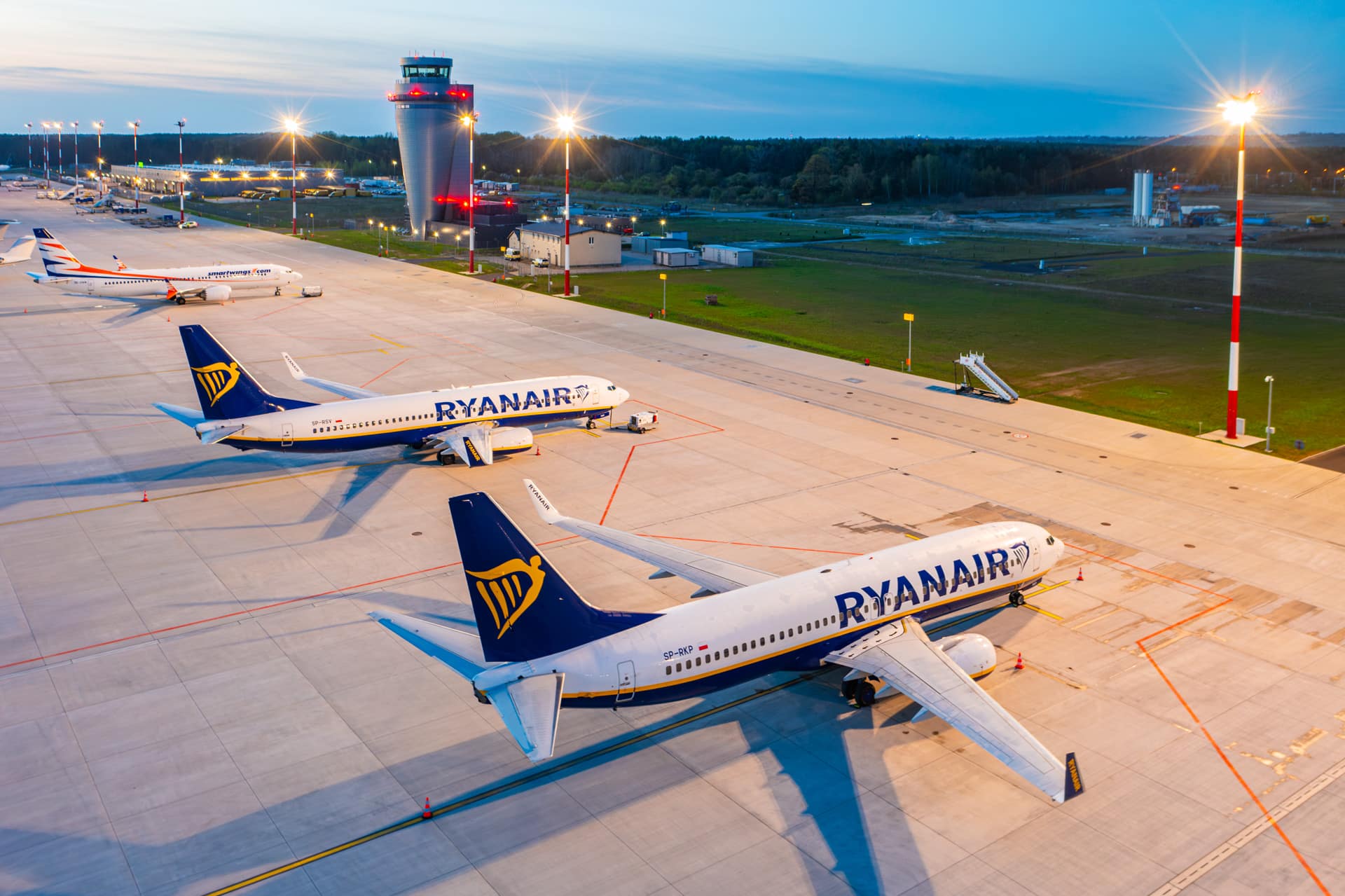State Aid: Commission approves aid to Klagenfurt airport in Austria; orders recovery of incompatible aid from Ryanair and Tuifly
The European Commission has found that public funding granted by Austria to Klagenfurt airport is in line with EU state aid rules. The measures boost the connectivity of the region without unduly distorting competition in the Single Market.
The Commission also found that certain airport services and marketing agreements concluded between the airport operator and airlines Ryanair, HLX and Tuifly gave the latter an undue advantage, which cannot be justified under EU state aid rules.
Ryanair, HLX (which was merged with Hapagfly in 2007 into the new brand Tuifly) and Tuifly now need to repay the incompatible aid to Austria.
Klagenfurt is a small regional airport located in the south of the State of Carinthia in Austria. It is owned by the State of Carinthia and the City of Klagenfurt. Between 2000 and 2015, the airport’s traffic has been fluctuating between 200 000 and 500 000 passengers per year.
The in-depth investigation revealed that various grants provided to the airport operator Kärntner Flughafen Betriebsgesellschaft (KFBG) from 2000 to 2011 by its public ownersgave the company a selective advantage over competitors. They involved state aid within the meaning of the EU rules.
The Commission’s 2014 Aviation Guidelines allow Member States to support regional airports under certain conditions. The Commission’s investigation found that Klagenfurt airport is an important factor for the development and accessibility of the Carinthia region. Moreover, the airport is located in a mountainous area with long travel times to other airports, especially during winter (the closest airport in Ljubljana is around 80 km away). This reduces potential negative effects of the support on competition and trade, which are outweighed by the benefits to the connectivity of the region, in line with EU state aid rules.
The Commission also assessed a scheme set up by KFBG in 2005 to incentivise airlines to increase traffic to Klagenfurt airport. Under this scheme, discounts to airport charges were granted under certain conditions, for instance when a new route was opened or frequency was increased on an existing route. The Commission’s investigation has shown that this scheme was expected to contribute to the profitability of the airport operator and that a profit-driven airport manager therefore would have been prepared to put in place such a scheme. The reduced airport charges therefore involved no state aid within the meaning of EU rules.
The Commission also assessed bilateral arrangements between KFGB and various airlines. Those arrangements typically set the level of airport charges to be paid in respect of specific routes for a given period, on top of discounts available under the scheme, and in certain cases provided that the airlines would carry out marketing services for KFBG in exchange for remuneration. The Commission found that:
- The terms of the agreement concluded between KFBG and Austrian Airlines and Air Berlin, respectively, would have been acceptable to a profit-driven airport manager and therefore involved no state aid.
- On the other hand, airport services and marketing agreements concluded with Ryanair, Tuifly and HLX could not, when they were concluded, have been expected to generate more revenues than additional costs. As no profit-driven airport manager would have concluded such loss-making agreements, they amount to state aid to the airlines. Moreover, the agreements simply reduce the operating costs of the airlines, without contributing to common transport objectives. These agreements therefore distort competition in the Single Market in breach of EU state aid rules. The amounts of incompatible state aid are estimated at around €2 million for Ryanair, €1.1 million for Tuifly and €9.6 million for HLX. In order to reduce the distortion of competition created by the illegal subsidies, Ryanair, Tuifly and HLX now have to pay these amounts back to Austria.
Background
The Commission has ample experience in assessing whether public measures for promoting airports and airlines are compatible with the internal market. For example, the Commission in the last two years has adopted seven decisions concerning various forms of incompatible operating aid to airlines at the airports of Pau, Angoulême, Nîmes (also see MEMO), Zweibrücken, Alghero, (also see MEMO), Altenburg and Sardinia.
Public interventions in favour of companies that carry out economic activities can be considered free of state aid within the meaning of EU rules when they are made on terms that a private player operating at market conditions would have accepted (the market economy investor principle – MEIP). If the MEIP is complied with, the measure confers no advantage to the company and therefore involves no state aid. If the MEIP is not complied with, the measure involves state aid and the Commission then examines whether it can be found compatible with common EU rules that ensure a level playing field in the EU’s Single Market.
The assessment criteria for public interventions in airports and airlines are set out in the Commission’s Aviation Guidelines, adopted in February 2014 (see also MEMO and a policy brief). These rules aim to ensure good connections between regions and meeting the transport needs of European citizens, while establishing a level playing field among airports and airlines in the Single Market.
The non-confidential version of this decision will be made available under the case number SA.24221 in the State Aid Register on the competition website once any confidentiality issues have been resolved. New publications of state aid decisions on the internet and in the Official Journal are listed in the State Aid Weekly e-News
European Commission – Press release Brussels, 11 November 2016



